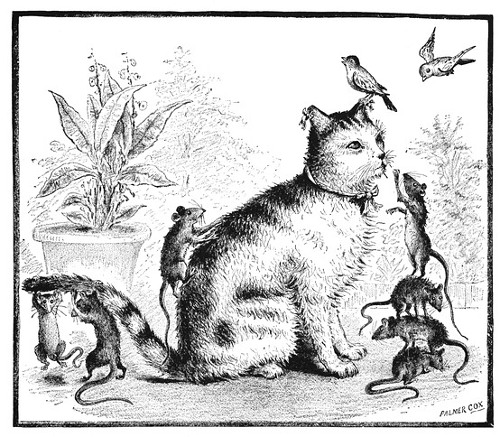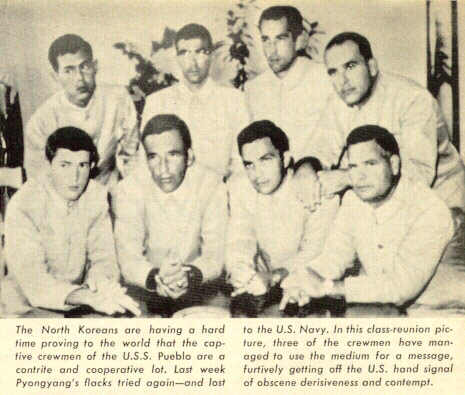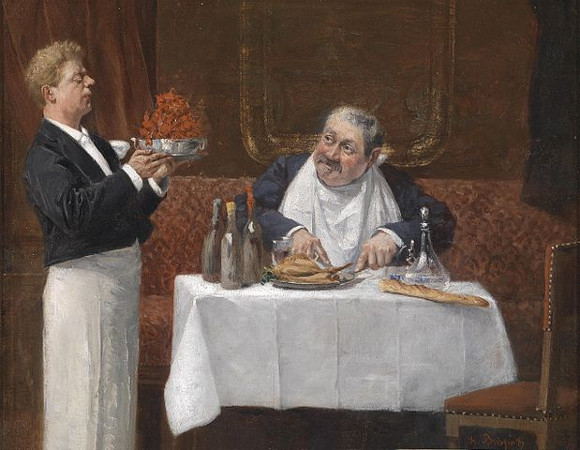instauration
n. the act of restoring or repairing
furacious
adj. given to thieving, thievish
In 1996, workers demolishing the old Apollo Theater on West 42nd Street in New York City discovered a hidden cache of discarded wallets. Apparently a thief had preyed on theatergoers there 40 years earlier, stealing wallets and pocketbooks, removing the cash and valuables, and dropping the rest into an airshaft.
“The farther back I crawled, the older they got, from the 1960s to the 1950s,” foreman Bill Barron told the New York Times.
The finds included a weekly paycheck stub for $226.30, a telephone bill for $7.24, faded photographs, and identification papers of the victims, few of whom were still living.
“The Times Square of the late 1950s and early 1960s was the capital of pickpocketing,” said social historian Luc Sante. “It was simply a more trusting era.”





